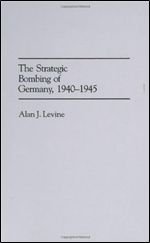At the end of World War II, a new
conflict appeared in Europe as the two
superpowers, the United States and
the Soviet Union, began to compete
for political domination. This ideological
division soon spread to the rest of
the world as the United States fought
in Korea and Vietnam to prevent the
spread of communism, promoted by
the new Maoist government in China,
while the Soviet Union used its influence
to prop up pro-Soviet regimes in Asia, Africa, and
Latin America.
What had begun, then, as a confrontation across the
great divide of the Iron Curtain in Europe eventually
took on global significance, much as the major European
powers had jostled for position and advantage in Africa
and eastern Asia prior to World War I. As a result,
both Moscow and Washington became entangled in areas
that in themselves had little importance in terms of real
national security interests. To make matters worse, U.S.
policy makers all too often applied the lessons of World
War II (the “Munich syndrome,” according to which efforts
to appease an aggressor only encourage his appetite
for conquest) to crisis points in the Third World, where
conditions were not remotely comparable.
By the 1980s, however, there were tantalizing signs of
a thaw in the Cold War. China and the United States,
each hoping to gain leverage with Moscow, had agreed to
establish diplomatic relations. Freed from its own concerns
over Beijing’s open support of revolutions in the
Third World, the United States decided to withdraw from
South Vietnam, and the war there came to an end without
involving the great powers in a dangerous confrontation.
While Washington and Moscow continued to compete
for advantage all over the world, both sides gradually
came to realize that the struggle for domination could
best be carried out in the political and economic arena
rather than on the battlefield.




 World History
World History









